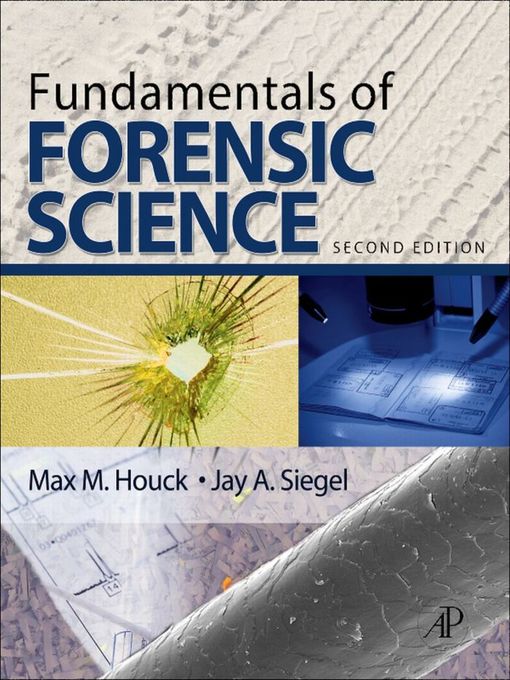- Always Available Adult Fiction eBooks
- Always Available Adult Nonfiction eBooks
- Most Popular Adult Fiction eBooks in 2022
- Most Popular Adult Nonfiction eBooks in 2022
- Mystery eBooks
- Science Fiction eBooks
- Fantasy eBooks
- History eBooks
- Most Popular Adult Fiction eBooks 2023
- Most Popular Adult Nonfiction eBooks 2023
- See all
- Always Available Adult Fiction Audiobooks
- Always Available Adult Nonfiction eBooks
- Most Popular Adult Fiction Audiobooks in 2022
- Most Popular Adult Nonfiction Audiobooks in 2022
- Mystery Audiobooks
- Biography and Autobiography Audiobooks
- Business Audiobooks
- Listening to History
- ZORA Canon: Greatest books by African American Women
- Most Popular Adult Fiction Audiobooks 2023
- See all
- Food and Drink
- Health and Fitness
- Special Issues
- Seasonal Special Issues
- Most Popular Magazine Titles 2023
- See all

